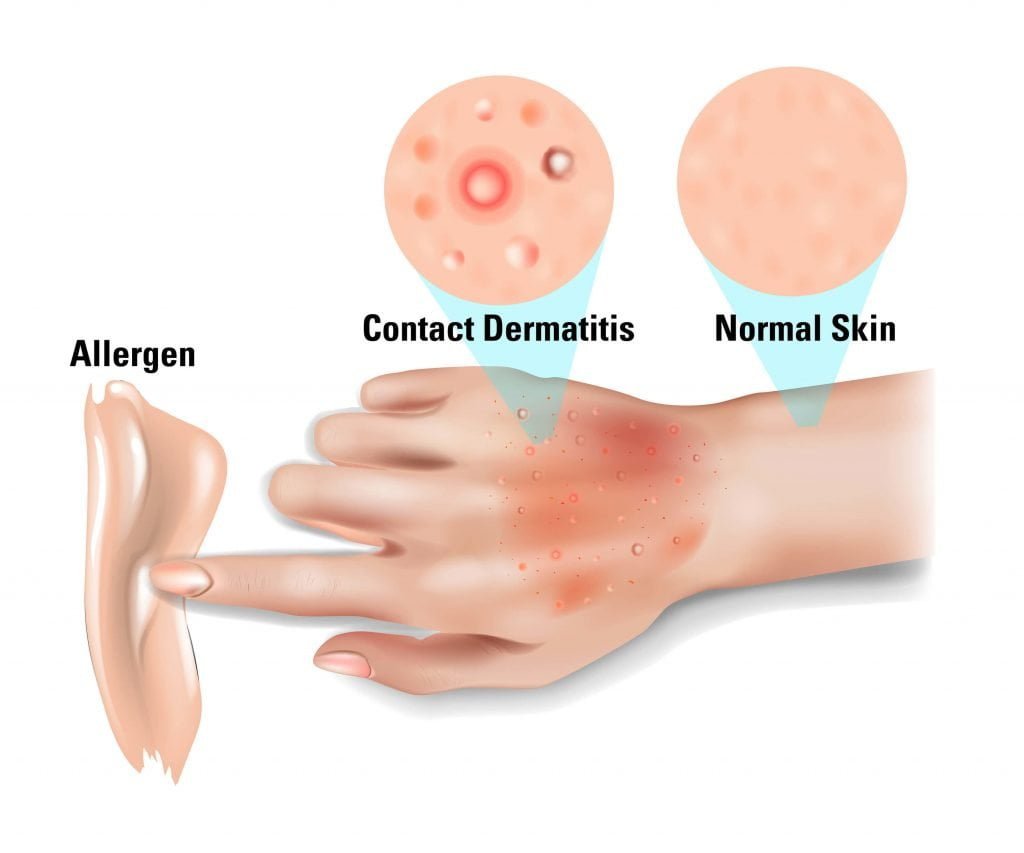

It is due to rapid and excessive dryness of the skin that occurs as winter descends upon us. When queried, they all complained of itchy skin.
#Winter itch cracked
Recently, I observed in many of my patients the telltale signs of winter itch characterized by dry skin, most notable on the lower legs and the arms, dry and cracked nail cuticles, chapped lips and many scratch marks. Nonetheless, it also occurs in the South, especially when these more severe cold waves pass through. The problem is much greater in colder climates where they use more heat and the humidity is lower. “Winter itch” is a common skin problem that is triggered by cold weather. Our “snowbird” friends from up North are quite familiar with this phenomenon they call “winter itch.”Īre they bringing with them some exotic disease, or is it related to the cold weather that drives (and often follows) them here? If you’re looking for something specific, make sure you read the label for products that include ceramides, which reinforce the skin’s barrier and help retain moisture, as well as hyaluronic acid, which will draw water into the skin.I’m sure many of you have noticed that your skin has become itchy since the recent cold wave hit our area. Top recommended brands include CeraVe, Cetaphil, and Neutrogena. Several quality products can be purchased over the counter without breaking your budget. Keep in mind that you don’t have spend a lot on a good moisturizer. “I recommend a broad-spectrum sunscreen with SPF 15 or higher to any skin that will be exposed while you’re outside,” says Dr. Snow can reflect the sun’s rays, up to 80%! That can increase your risk of sun exposure. You’ll also want to keep up on applying sunscreen, even on gray days. If you can, apply hand cream after each time you wash your hands. Remember to moisturize frequently, especially your hands. Creams and ointments are heavier and can provide a better layer of protection for your skin. This time of year, look for a cream or ointment as opposed to lotion. Fish oil and flaxseed oil can both help keep you moisturized from the inside out.” “Omega-3 or omega-6 fatty acids are great. “Diet also plays a role in keeping skin feeling healthy in the winter,” explains Dr. While recommendations can vary based on your activity level and individual needs, a good rule of thumb is to drink about 8 cups, or about 64 ounces, of water each day. Staying hydrated by drinking enough water can help maintain the moisture in your skin too. It’s important to note that the CDC also says that washing your hands in cooler water appears to be just as effective at removing germs and it’s less irritating to your skin. The American Academy of Dermatology recommends keeping showers or baths lukewarm and limiting the time to 5 to 10-minutes. You can also limit long, hot showers and excessively hot water to wash your hands. “You can use a humidifier at home to add moisture to the air, as well as lower your thermostat to help avoid dry air sapping your skin of moisture.” Roopa Shah, SSM Health Family Medicine Physician. “Pay attention to how much dry winter air is affecting your skin,” says Dr. However, all of us experience the issue at one time or another. According to the American Academy of Dermatology, some people are more susceptible to dry skin including those who are middle age or older.

The freezing winter temperatures combined with dry air from blasting the heat indoors can lead to dry, itchy, or even cracked and damaged skin.


 0 kommentar(er)
0 kommentar(er)
